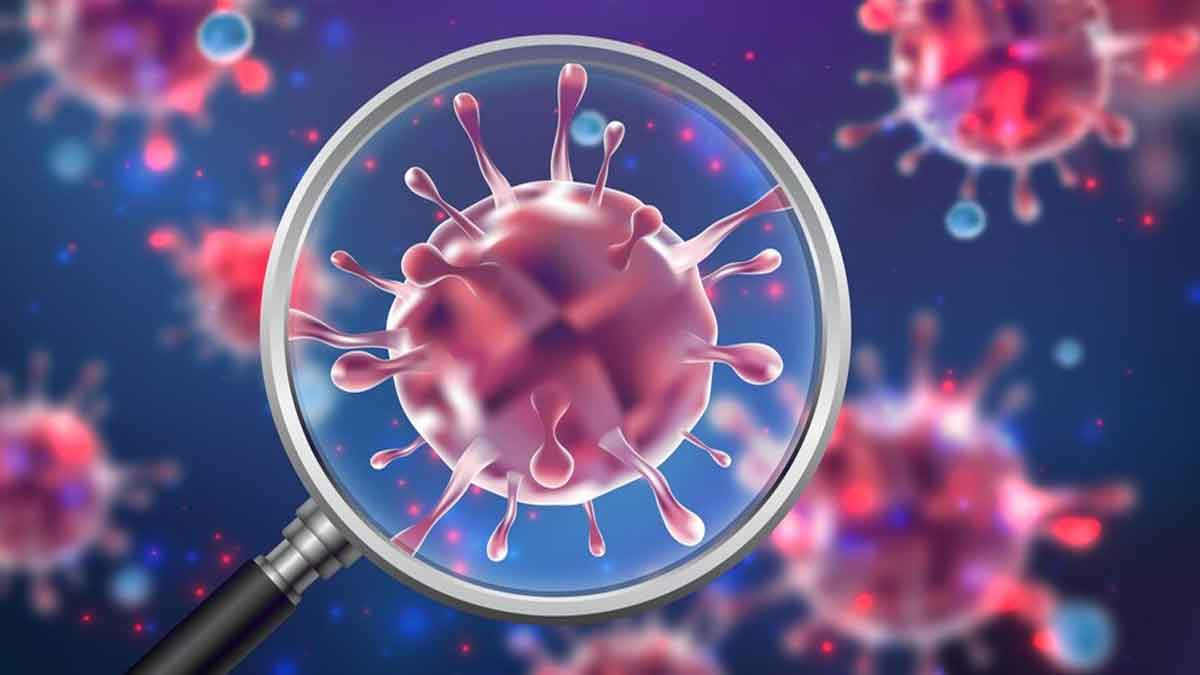
Health authorities across the world have once again been sounding alarm bells about the new strain of COVID, with 21 fresh cases already detected in India. If you have been closely following the COVID news, you may feel that this new JN.1 sub-variant has caused a heightened fervour than the previous strains of Pirola or Eris.
Table of Content:-
According to a World Health Organisation (WHO) advisory on this strain, the organisation is anticipating that JN.1 may increase the SARS-CoV-2 cases, especially in countries like India which are now entering the winter season. Amid this chaos, ex-WHO chief scientist, Dr Soumya Swaminathan and Dr Rajeev Jayadevan, Co-Chairman, National Indian Medical Association, Covid Task Force shared some warning signs of this new COVID strain.
Warning Signs Of JN.1

Dr Jayadevan relayed that 30% of all patients in Kochi, who were suspected to have influenza-like illnesses have turned out to be Covid positive. Out of the 21 cases of JN.1 detected in India, 19 have been in Goa and one each in Maharashtra and Kerala.
According to WHO, the worldwide spread of JN.1, a sub-variant of Omicron, points towards the antigenic properties that can help it evade previous immunity. However, both experts claimed that JN.1 may seem more transmissible, yet it may not cause a high rate of hospitalisation, thanks to India’s high vaccination rate. Additionally, India’s healthcare system is prepared to handle a pandemic now, as compared to the start of the first and second waves in 2020 and 2021.
However, Dr Swaminathan also cautioned that we should not dismiss COVID as a common cold, because in contrast, it does manifest some problematic long-term effects including heart attacks, strokes, diabetes, dementia, depression, mental health problems, prolonged fatigue and muscle pain among others. Listing the symptoms of the current circulating variant, the experts listed:
- Fever
- Cough
- Loss Of Smell
- Loss Of Taste
- Persistent High Fever
- Breathing Difficulties
- Fatigue
- Inability To Eat
- Tendency To Vomit
Also Read: New COVID Variant JN.1 May Become Dominant In The US: CDC
Preventing JN.1

Dr Swaminathan reiterated that although WHO had announced the end of the global public health emergency in May this year with regards to COVID, they did say that it is still very much a global health threat. With the increased testing in India, she said, that we are bound to see a rise in cases. This is because, as she explained, by the time variants are detected, they are already widespread in the community.
Dr Swaminathan listed the precautions to help prevent JN.1:
- The elderly and people with compromised immunity need to start masking up.
- Wear masks in indoor settings which are crowded and trap air.
- Wear masks in public transport, and keep the windows down.
- If you are sick, then definitely wear a mask to protect others.
- If you are prone to infections, use pulse oximeters.
- Take extra precautions when visiting travel hubs like Kerala, Maharashtra, Mumbai, and Goa.
Also Read: WHO Says JN.1 COVID Strain A ‘Variant Of Interest’, Poses Low Risk
The experts concluded that the masses along with healthcare authorities need to be vigilant and prepared. Even though JN.1 seems like a mild sub-variant, but the vulnerable population is still very much at risk of severe illness. They advised every Indian state to conduct mock drills and check the availability of oxygen cylinders.
Also watch this video
How we keep this article up to date:
We work with experts and keep a close eye on the latest in health and wellness. Whenever there is a new research or helpful information, we update our articles with accurate and useful advice.
Current Version